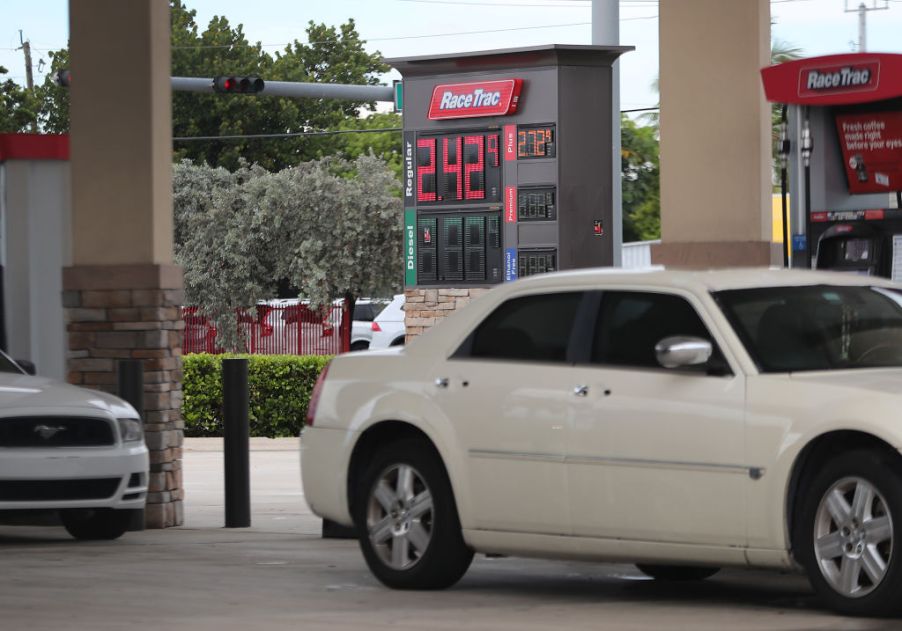
Why Does My Car Smell Like Gas?
The smell of gas could strike fear in the hearts of many drivers. Gas is a highly-flammable substance and is often the cause of vehicle fires. If your car smells like gas, you should take it to a mechanic as quickly as possible.
If you smell raw gasoline around your car, it could indicate a very serious issue. Your car’s engine may not be burning gas correctly, which means you’re spending more money at the pump. Fortunately, even for the most inexperienced car owner, it’s very easy to tell if your car has a gas leak. Here are some of the reasons why your car smells like gas and what it will take to fix it.
A hole in the fuel tank
Your car’s fuel tank can naturally develop cracks and holes over time due to age. It’s also possible that an object punctured the fuel tank while you were driving. In either case, this problem requires immediate attention. In many cases, a punctured fuel tank also means that the vent hose is damaged.
A faulty vent hose emits gas vapors that could easily ignite if they make contact with a hot surface. If the hole is small enough, your mechanic may be able to patch it. If the hole is too big, you’ll have to replace the fuel tank entirely. New fuel tanks can cost over $1,000, so make sure you get the hole fixed before it’s too severe.
Fuel line leaks
The fuel hose is the key component that connects the car’s engine to the fuel tank. Rubber fuel hoses can easily be punctured by debris, especially if it’s an off-roader like the Jeep Wrangler. Like the fuel tank, fuel lines can also develop cracks from general aging.
The fuel hoses are easily visible both under the car and under the hood. If there are any holes, you can patch it yourself or have a mechanic do the job. If the line is completely dried out, it will need to be replaced.
Bad charcoal canister
If the gasoline smell is coming from under the hood, you may have a damaged charcoal canister. These absorb any fuel vapor that comes from the gas tank and cut down on the vehicle’s emissions. Another indicator of this problem is an illuminated check engine light.
Compared to the other issues, a faulty canister isn’t as severe. However, in addition to the gas smell, you’ll experience performance problems like rough idling and difficulty starting the car. A new canister could cost around $190-$560.
Lost your gas cap?

It’s not uncommon for drivers to forget to put the gas cap back on after refueling. If you drive away from the pump without your gas cap, this allows gas vapors to escape from the tank. Not only will this cause a strong gasoline smell, but you’ll also burn through more gas than usual.
A damaged gas cap should also be replaced as soon as possible. Any cracks in the cap will allow gas fumes to leak out. Fortunately, new gas caps are very inexpensive at around $10-$20.
Damaged o-rings
Another cheap fix is to replace the oil cap’s o-ring. You can find this small ring under the car’s oil cap, which is located under the hood. If the gas smell is most noticeable when you have the heat or A/C running, check that the o-ring is still intact.
You may also want to check if the o-ring of the fuel injector is missing. While uncommon, the smell of gas could indicate that your fuel injector’s o-ring has worn down. A dried-out rubber seal may also be causing the problem. You’ll be able to spot a leaky fuel injector from its shiny and wet exterior.



